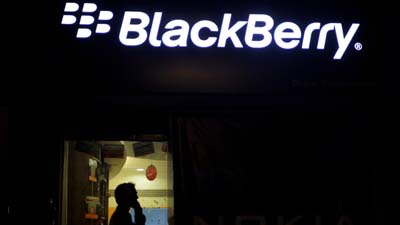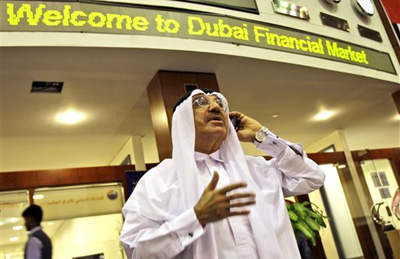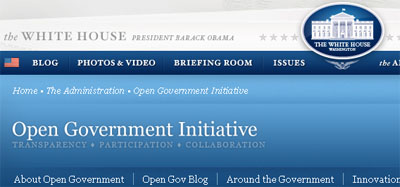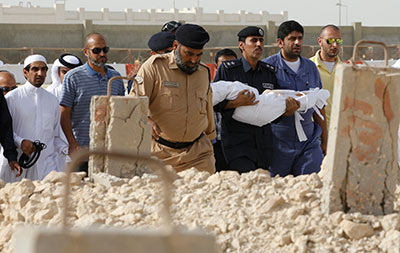Sri Lankan journalist in UAE still at risk of deportation
Lohini Rathimohan, a former television journalist from Sri Lanka, faces an unclear future. The 28-year-old is among 15 Tamil refugees still sheltered in a single room of an aluminum factory at Dubai’s Jebel Ali port whose official statuses remain uncertain.
Tamil journalist will not be forced back to Sri Lanka
A short note to follow up on an alert we posted Wednesday on the threatened deportation of Lohini Rathimohan (also spelled Lokini), a former television journalist and one of 19 Tamil refugees facing deportation from the United Arab Emirates. Earlier reports said the refugees, who reached Dubai illegally, could be deported this week.
Beyond the Amina hoax: Real cases in the Middle East
A Gay Girl in Damascus was a personal blog, said to be written by a young woman named Amina Arraf, that appeared to give an everyday record of being a lesbian in modern-day Syria. Following the events of the Arab Spring, as the political situation in Syria grew less stable, the blog attracted more readers…
Use your Blackberry to map global surveillance
The University of Toronto’s Citizen Lab has announced a research project to analyze the global infrastructure of Research In Motion, maker of the BlackBerry. It’s looking for BlackBerry users from any country to take part–especially those in the United Arab Emirates, Saudi Arabia, India, Indonesia, Russia and China. All of these countries have at some point…
More on RIM
Another piece on RIM by the Guardian, this time reporting that the UAE were after BlackBerry messaging info, because of its use in spreading gossip about high-profile Emiratis. These quotes (translated here) from Dubai’s police chief, Lt.-Gen. Dahi Khalfan Tamim, where he says the ban was also “meant to control false rumors and defamation of…

What should journalists know about BlackBerry fights?
The discussions between Research In Motion, maker of the BlackBerry, and governments such as the United Arab Emirates, Saudi Arabia, and India continue to hit the headlines. In each case, disagreements center on providing customer communications to security and law enforcement services. The rumblings from these nations over monitoring powers aren’t just limited to RIM:…

Why governments don’t need RIM to crack the BlackBerry
The United Arab Emirates’ Telecommunications Regulation Authority (TRA) announced on Sunday that it would be suspending BlackBerry “messenger, e-mail and Web-browsing services” in the country from October 11, until these “applications were in full compliance with UAE regulations.” Given the popularity of the BlackBerry platform in the country (an estimated 500,000 users from a population of 4.5 million) one…

FOIA needs new muscle behind it, not just promises
These are busy days for Freedom of Information. On April 5, the watchdog Web site that knows no borders, WikiLeaks, posted a classified U.S. military video showing U.S. forces firing on Iraqi civilians, killing many, including two Reuters journalists, as well as wounding children. Two days later, the Pentagon posted a redacted U.S. military assessment of the same incident concluding that U.S. troops fired “in accordance…
Toronto’s Citizen Lab uses forensics to fight online censors
A basement in the gray, Gothic heart of the University of Toronto is home to the CSI of cyberspace. “We are doing free expression forensics,” says Ronald Deibert, director of the Citizen Lab, based at the Munk Centre for International Studies. Deibert and his team of academics and students investigate in real time governments and…
